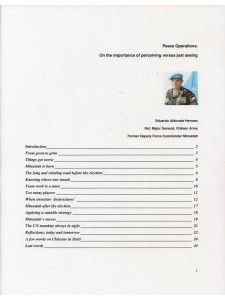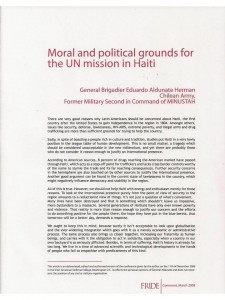
The first of two on IC failures….as if we didn't need any more proof. DefDog
Reports indicate China's fifth generation jet fighter rollout far ahead of U.S. intel projections
East-Asia-Intel.com, December 1, 2010
Chinese military Internet reports indicate that China may roll out its first fifth generation fighter as early as this month, far earlier than the Pentagon projected China would have the advance warplane.
Second report…..
Series of U.S. intelligence failures on North Korea highlighted by tour of enrichment facility
East-Asia-Intel.com, December 1, 2010
North Korea's recent disclosure of a new uranium enrichment facility with
a light water reactor and centrifuge cascade is seen as a serious U.S.
intelligence and policy failure that goes back over a decade.
Phi Beta Iota: We do not control what our various contributors post, while reserving the right to comment. These are both serious intelligence failures, both indicative of the inability of the US Intelligence Community to do its job across the board, from collection to processing to analysis. There are many other failures, for example with respect to China's new superiority in submarine stealth (able to sneak past an entire carrier battle group to pop up immediately astern the central carrier), and their overwhelming superiority in cyber-space, where they have mastered, among many other capabilities, the art of riding electrical power circuits into US military computers from Peterson AFB to Fort Meade MD. As troubling as these failures are, they are actually the least of our worries. Of greater importance to the over-all security of the US is the culture of corruption, not just at CIA but at all the agencies including DIA, the FBI, and the NRO, as well as within the service intelligence centers. Just as General Mike Flynn is on record as saying that US Intelligence is “irrelevant” in Afghanistan, so also can it be said that US intelligence is “irrelevant” across the board–it is not contributing anything warranting its $90 billion a year budget, with nothing to show at the strategic, operational, tactical, or technical (acquisition) levels. We need not be this incapacitated. We are choosing to be ineffective, and that is most troubling of all.





